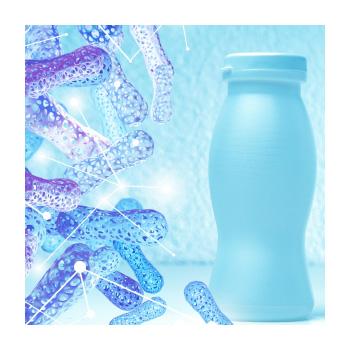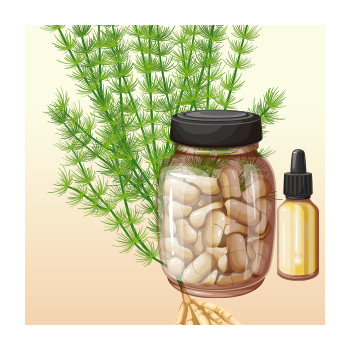


Sign-up for {N}power to get exclusive discounts, newsletters, members-only features, and more!
 Denver - Design District - Alameda and Broadway
Denver - Design District - Alameda and Broadway
368 S Broadway
Denver, CO 80209
United States
 Preferred Store:
Select a Store
Preferred Store:
Select a Store

Perfluoroalkyl and polyfluoroalkyl substances, also known as PFAS, or “forever chemicals,” are ubiquitous in our environment and have raised public health concerns due to their toxic health effects. This has prompted researchers to explore ways to mitigate their impact, leading to a 2023 study1 that examined the association between probiotic intake and PFAS.

The study analyzed data from the National Health and Nutrition Examination Survey (NHANES) that included 9,469 adults over the age of 20 that were tested for serum PFAS levels between 2003-2018. The researchers compared this data to a subgroup of 1,333 people who had been ingesting probiotics, either through yogurt and/or probiotic supplements. The findings revealed that total probiotic consumption, from both yogurt and supplements, was associated with reduced serum concentrations of two specific types of PFAS chemicals: perfluorooctanoic acid (PFOA) and perfluoroctane sulfonic acid (PFOS). Additionally, probiotic supplements were associated with reduced levels of perfluorononanoic acid (PFNA).
This study is promising as it highlights the potential for probiotics to help reduce PFAS levels in humans, potentially mitigating their negative health effects. Probiotics, which are beneficial bacteria inhabiting the human digestive tract, have been shown in previous animal and cell-based studies to counteract the toxic effects of PFAS by absorbing the compounds, providing antioxidant effects, and regulating the gut microbiota. Probiotics are widely available from food sources such as yogurt, fermented vegetables, and drinks like kombucha and kefir water. They can also be conveniently consumed as supplements, which contain a wide variety of clinically studied strains.

A 2024 study published in the journal Cureus2 by an Indian research team has highlighted the effectiveness of the ayurvedic herb, shatavari, in alleviating menopausal symptoms in women. The study involved 70 pre- and post-menopausal women aged 40 to 65 who were experiencing symptoms such as hot flashes, night sweats, anxiety, fatigue, depression, insomnia, and mood swings. Participants were randomly assigned to receive either a placebo or 250 mg of shatavari root extract in capsule form, twice daily, for eight weeks. They also completed various subjective questionnaires to evaluate their quality of life and changes in mood, sleep, and menopausal symptoms at the start, after four weeks, and at the end of the study.
The results showed that compared to the placebo, shatavari significantly enhanced menopausal women's quality of life, particularly in overall health and sexual, emotional, and occupational wellbeing. After four weeks of treatment, shatavari also notably reduced insomnia and symptoms of depression and anxiety. Additionally, most women taking shatavari experienced a significant decrease in the frequency and severity of hot flashes and night sweats, as well as marked improvements in libido, vaginal dryness, and fatigue by the end of the study. These benefits were attributed to shatavari’s stress-reducing effects and its role as a phytoestrogen in balancing hormones.



Sign-up for {N}power to get exclusive discounts, newsletters, members-only features, and more!
